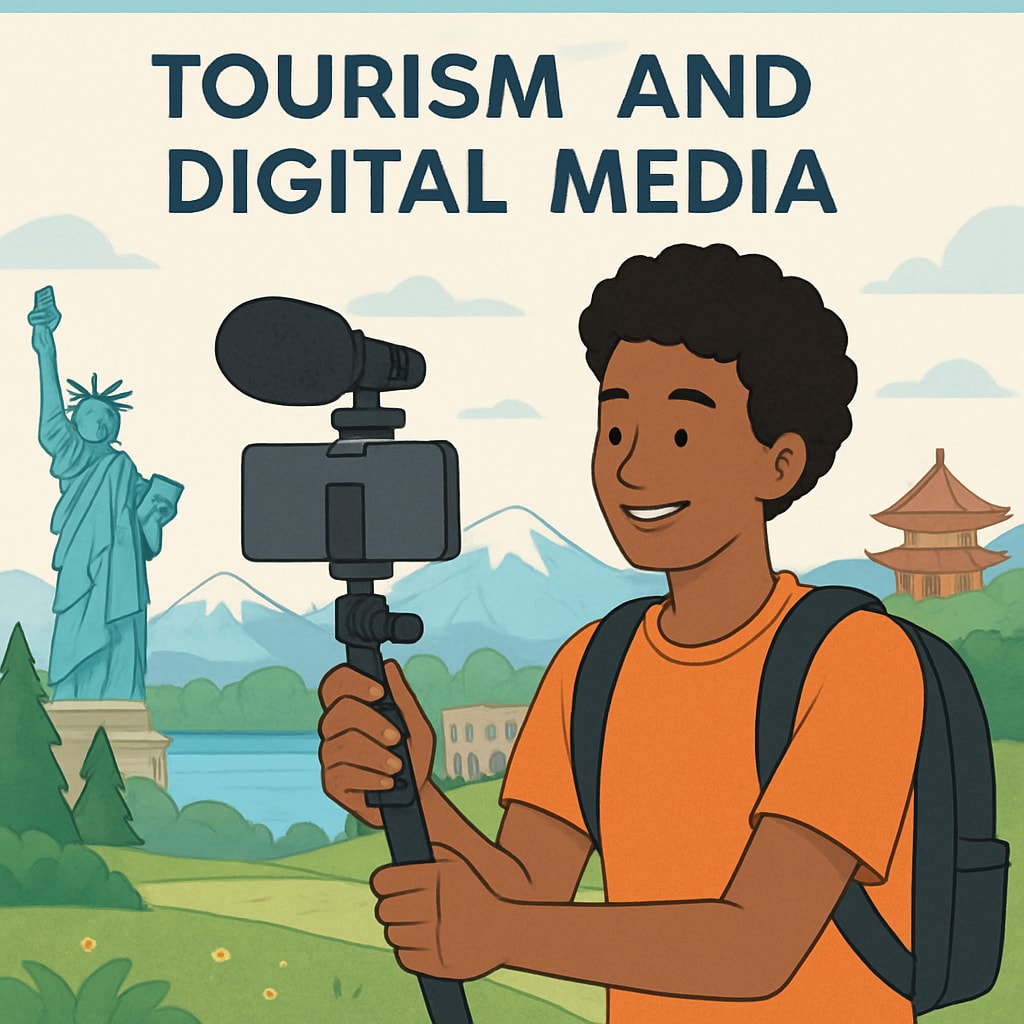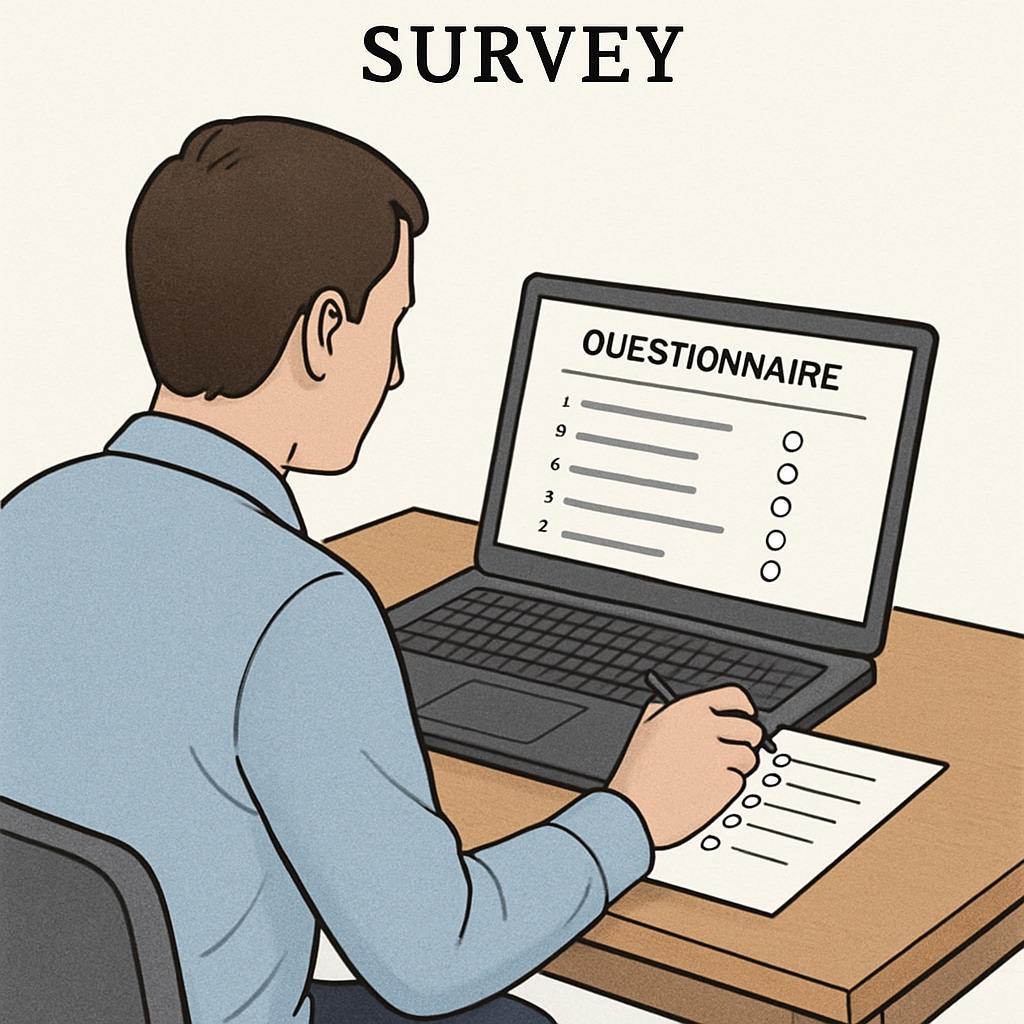The growing prevalence of short videos on digital platforms has significantly reshaped tourism decision-making. This phenomenon is central to a master’s thesis exploring how these videos influence traveler behavior, including destination selection and planning. To complete this study, a questionnaire survey has been developed, inviting participants to share insights on how short video content impacts their tourism choices.
Understanding the Role of Short Videos in Tourism
Short video platforms such as TikTok, Instagram Reels, and YouTube Shorts have revolutionized how people consume content. Travelers increasingly rely on these platforms for inspiration, viewing destination highlights, and even planning itineraries. Unlike traditional travel marketing, short videos offer dynamic, real-time glimpses into experiences, making them more engaging and relatable.

For example, a brief clip of a serene beach or bustling city street can evoke emotional responses, leading viewers to add those destinations to their travel bucket lists. As a result, short videos are becoming a vital factor in tourism marketing strategies, influencing not only individual travelers but also the broader tourism industry.
How the Study Aims to Uncover Key Insights
To examine this subject in-depth, the master’s thesis employs a comprehensive questionnaire survey aimed at identifying patterns in how short videos affect tourism decisions. Key research questions include:
- What types of short video content attract potential travelers?
- How do short videos compare to traditional travel guides in influencing decisions?
- Do short videos affect spontaneous travel behavior?
The survey targets diverse demographics, ensuring the results reflect varied experiences and preferences. By analyzing the data, the study aims to provide actionable insights into how digital content creators and tourism stakeholders can better cater to modern travelers.
Why Your Participation Matters
Participation in this questionnaire survey is essential to the success of the research. The findings will contribute to understanding the digital transformation of tourism and how it shapes decision-making processes. By taking a few minutes to share your experiences, you can play a crucial role in advancing this academic study and informing future policy recommendations for the tourism and digital media industries.

In addition, this study highlights the importance of integrating social media insights into tourism strategies. For example, destinations can use analytics from short video platforms to adapt their offerings and marketing campaigns to meet the preferences of modern travelers. This collaboration between academia and industry has the potential to redefine how tourism and education sectors operate in a digital-first environment.
Readability guidance: Short paragraphs and lists were used to enhance clarity. Transitions such as “for example,” “in addition,” and “as a result” ensure smooth flow. Passive voice and long sentences were minimized to improve engagement.


